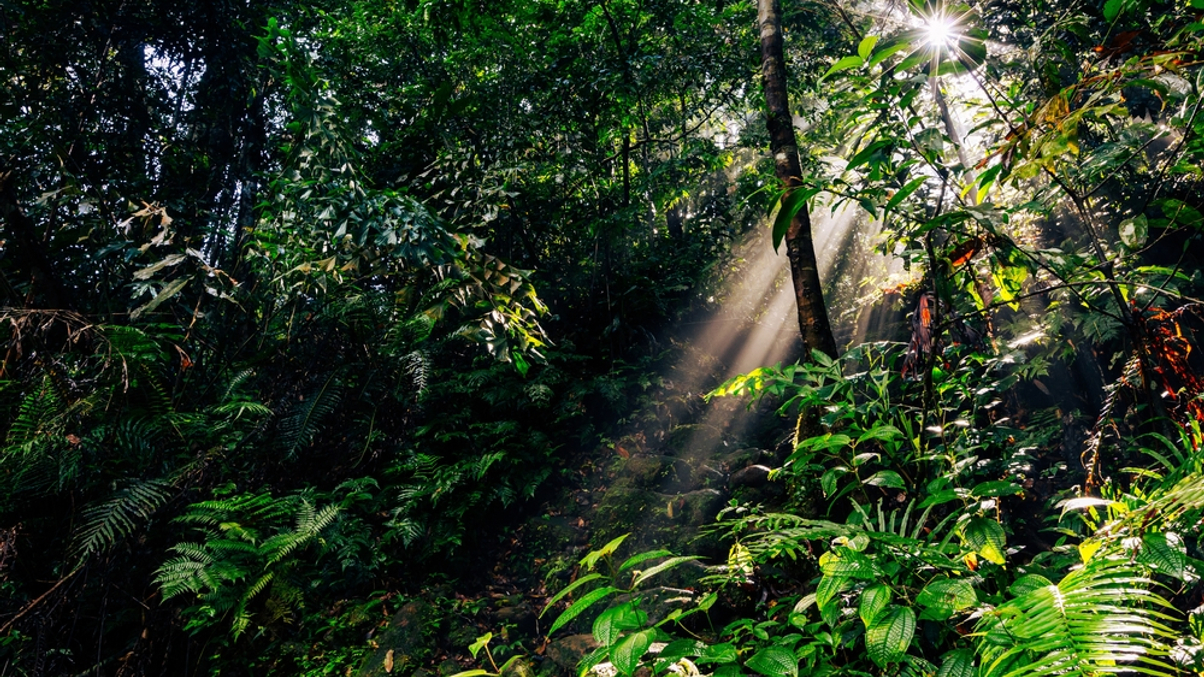Nature Conservancy's Singapore unit eyes partnerships, blended finance
Singapore's growing emphasis on carbon credits, transition finance and blended finance holds great appeal for one of the world's biggest environment-focused asset owners.

The Nature Conservancy plans to furthen deepen its partnerships in the Asia Pacific and participate in new financing models to protect the environment via its office in Singapore.
Sign in to read on!
Registered users get 2 free articles in 30 days.
Subscribers have full unlimited access to AsianInvestor
Not signed up? New users get 2 free articles per month, plus a 7-day unlimited free trial.
¬ Haymarket Media Limited. All rights reserved.


